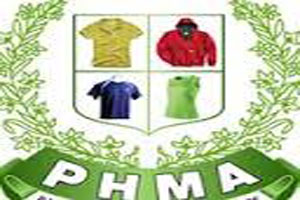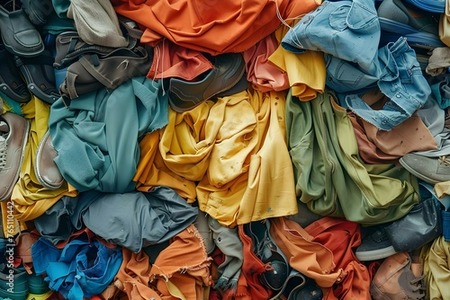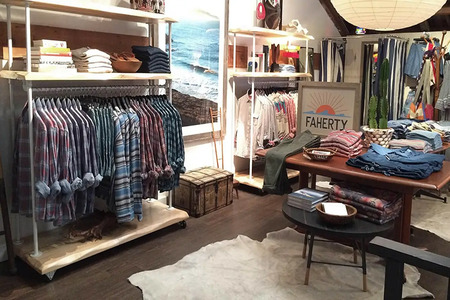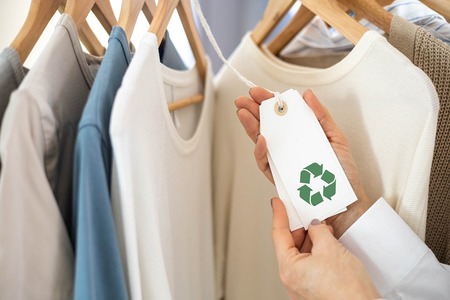
PHMA urged government to remove bottlenecks hampering knitwear exports
YarnsandFibers News Bureau 2015-02-20 15:00:00 – KarachiAbout 1200 organized units in Karachi, Lahore, Faisalabad and Sialkot were operating the country and the number has been same for the last 15 years ago. While, the export of knitted garments had shown an ever growing trend over the past many years but inconsistent government policies by successive governments not only increased the cost of doing business but also handicapped the country’s knitwear sector to exploit its real export potential.
Pakistan Hosiery Manu¬facturers Association (PHMA) Chair¬man Usman Jawwad said that at present, they are refusing orders from abroad because of uncertain energy scenario and very thin profit margins.
Moreover, the extraordinary delay in the sales tax refunds was one example of the government’s failure to implement its own policies. There are businessmen who have yet not received refunds for the last over two years. Due to shortage of funds they are unable to increase exports.
Electricity supplied to the industrial sector has been most expensive in the whole region and added to the cost. Gas is occasionally available in Punjab depriving the industry to produce electricity at low cost. The government has recently subjected furnace oil to additional sales tax increasing the cost of alternative fuel available for power-generation.
Shahzad Azam Khan, PHMA former chairman has urged the government to remove bottlenecks hampering exports, adding that knitwear has been the most labour-intensive industry of the country employing over a 1.5 million workers including those employed by industries catering to domestic needs.
UN conventions: Implementation of 27 UN conventions relating to the GSP+ programme was still a source of concern for a European Union delegation which met All Pakistan Textile Mills Association (Aptma) leadership on Thursday.
Aptma Chairman S.M. Tanveer informed the delegation that his association was working with the Punjab government for implementation of the conventions.
The textile industry was focused on making best use of GSP+ and the country’s exports to EU increased by 29pc per cent during January to November 2014.
The delegation comprised Chairman Green/European Free Alliance Ms Jean Lambert and EU Ambassador Lars-Gunnar Wigemark along with other members of the mission. They also are in touch with the government in this regard.
The Pakistan government has failed to match facilitations provided to this sector by India and Bangladesh has resu¬lted in closure of numerous smaller units.
Market Intelligence
Ask for free sample Report

experience
Customer Base
dedicated team
Countries Served Worldwide









